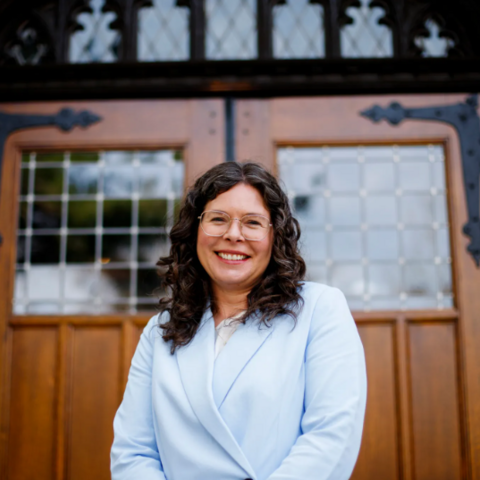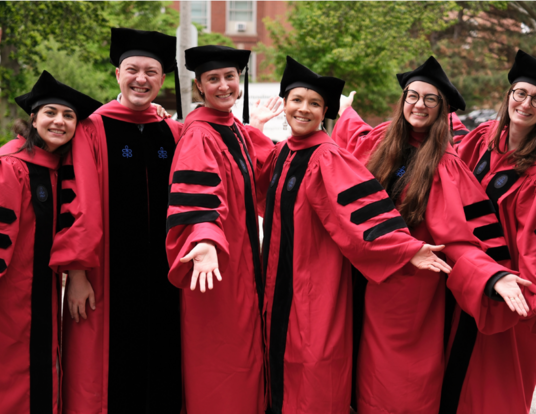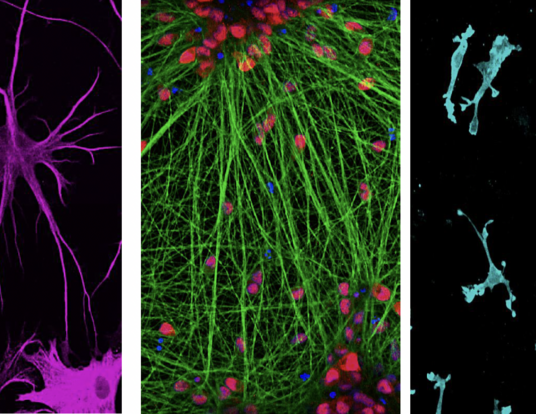Following in Their Wake
Nikhita Obeegadoo studies the literature of ocean migration
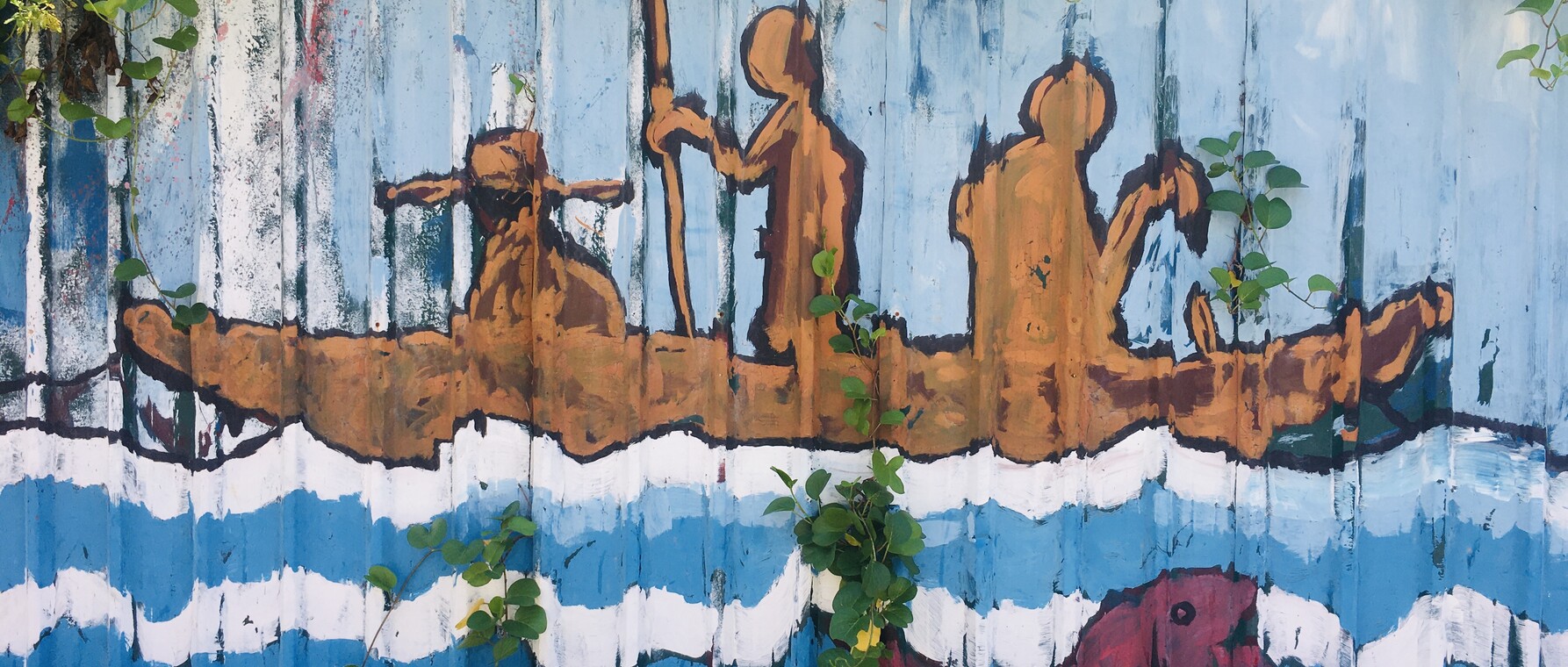
Research at Risk: Since World War II, universities have worked with the federal government to create an innovation ecosystem that has yielded life-changing progress. Now much of that work may be halted as funding is withdrawn. Find out more about the threats to medical, engineering, and scientific research, as well as how Harvard is fighting to preserve this work—and the University's core values.
“What would the seabed say if it could actually speak?” asks Nikhita Obeegadoo, who graduates this month from Harvard’s Graduate School of Arts and Sciences (GSAS) with a PhD in romance languages and literature. Obeegadoo’s dissertation, “The Silence of the Seabed: Reimagining Traumatic Water Crossings in the Indian Ocean and Caribbean,” explores the way that contemporary authors often present the perspectives of oppressed and exploited migrants through the lens of oceanic ecology and materiality.

“The Indian Ocean and the Caribbean Sea have historically been the backdrop for countless colonial voyages that carried exploited and dehumanized people from Africa and India to the Americas and Europe,” she says. “Today it is the route of refugees fleeing oppression. However, with little data to be found in colonial archives on historical voyages and incomplete information on present travels, contemporary fiction and poetry writers have to fill the gaps on their own. The sea itself is deeply embedded in these stories. My work looks at the way that these authors reimagine history from an oceanic perspective.”
Obeegadoo’s research focuses on the literary fiction of three separate migratory events: the Middle Passage (1500 –1900), in which thousands of enslaved Africans were forcibly transported across the sea; the kalapani (1700 –1900), where Indian indentured servants traveling to work in British colonies abroad faced the Hindi taboo of crossing water; and current migrations from Mauritius, where Obeegadoo is from, to other countries that are seen as offering better opportunities than those available on the island nation.
“I kept seeing these stories about people crossing oceans,” Obeegadoo says. “Some were from the Indian Ocean, some from the Caribbean. I started to feel some resonance between the stories these contemporary writers were telling.”
One oceanic commonality that Obeegadoo found in the stories was a “move to go underwater.”
“The 2019 Afrofuturist text The Deep by Rivers Solomon, Daveed Diggs, William Hutson, and Jonathan Snipes imagines the descendants of enslaved Africans thrown overboard on the Middle Passage as being half-human, half-fish,” Obeegadoo says. “They live in the ocean and have to deal with the trauma of their origins and the threat to their environment by humans who want to drill oil. Another Puerto Rican text imagines a city at the bottom of the sea where migrants from across the ages find themselves all living together, just living their lives in the ocean.”
Such themes are examples of how contemporary authors push the boundaries of human stories into the realm of the planetary with the ocean as a connector, Obeegadoo adds. The symbolism of going underwater, for instance, is less important to her than the use of the ocean as a material device in a piece of literature.
“All of these stories seem to be saying that if you want to talk about migration, if you want to talk about crossing the ocean, you can’t really do that without talking about the materiality of the ocean itself,” Obeegadoo says. “The migrant’s story is actually a planetary story. In their constant movement they are constantly interacting with the ocean. To tell the story fully is also to engage with those dimensions.”
The migrant’s story is actually a planetary story. In their constant movement they are constantly interacting with the ocean. To tell the story fully is also to engage with those dimensions.
—Nikhita Obeegadoo, PhD ’22
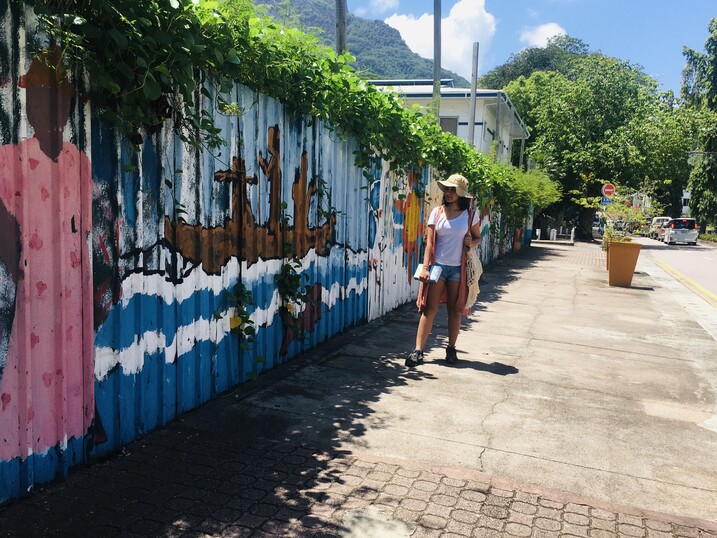
Obeegadoo says that the stories of migrants and the story of the ocean are inseparable from each other. Both are told in the fiction she researches.
“The harm encountered by the migrants is inextricable from the harm committed to the space of the ocean—drilling oil in The Deep, for instance,” she says. “To think of one without the other would be incomplete. That's actually something very unique about the corpus that I bring together.”
Obeegadoo says that the idea of the oceanic connection between stories of migration has important political implications. For example, the ocean can redefine national boundaries if it is seen to connect not just migration stories but also land.
“If you think of islands as connected by the ocean, you’re not just thinking of isolated islands anymore; you’re thinking of an archipelago,” Obeegadoo says.
Going forward, Obeegadoo plans to further investigate the political implications of her work by researching the recent reimagination of Mauritian maritime borders in the wake of international court opinions that the Chagos archipelago, recently occupied by the British, belongs to Mauritius.
“Suddenly the borders of the nation have changed, and it means that Mauritius is now constituted more by water than by land,” Obeegadoo says. “What does this mean for our reconceptualization as people who now belong to a nation that is more ocean than land, and how does that change our relationship to the environment?”
Photos courtesy of Nikhita Obeegadoo
Get the Latest Updates
Join Our Newsletter
Subscribe to Colloquy Podcast
Simplecast


